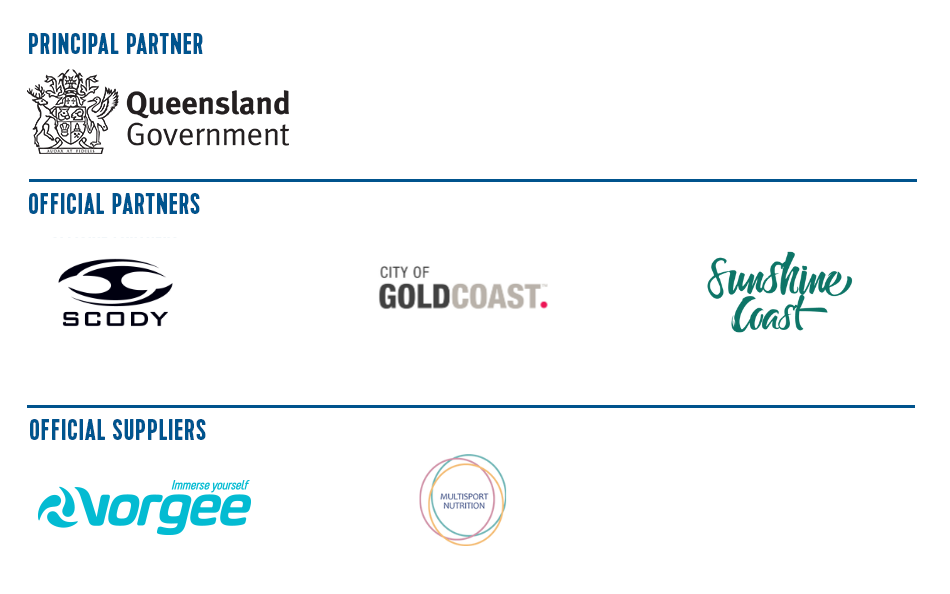By Naomi de Costa
In last month’s newsletter, we provided critical advice on creating a Will and nominating Enduring Powers of Attorney (EPOA) as a way to provide for your loved ones in the event of a fatal accident. But did you know that arranging for how your superannuation will be used is a key part in the estate planning process?
When you’re looking at preparing a new will or estate plan, superannuation can be a tricky thing to deal with. These days though, superannuation often forms a large part of a person’s net worth, not only from the value of accumulated contributions over time, but also the effect of life insurance policies owned within the superannuation fund (together called a ‘death benefit’). Here, you’ll find answers to common questions that we often see as experts in Estate law.
Who gets my super after I die?
Every superannuation fund has its’ own rules about how a death benefit is paid out. However, the overriding rules of the superannuation legislation state that death benefits can only be paid to either:
• a dependent of the deceased; or
• the executor of the deceased person’s estate, to be gifted in accordance with the terms of their will.
Dependents are defined as being a spouse (including a de facto spouse) or a child. As such, you can usually pay your superannuation death benefit either directly to your immediate family, or to your estate.
Can I control who gets my super?
As above, every superannuation fund has its’ own rules about how a death benefit is paid out. It’s important you seek legal advice to help you determine how your particular fund provides for the payment of death benefits.
Most funds offer different kinds of nominations, to influence control over your superannuation, as follows:
• a non-lapsing binding nomination: this is like a will for your superannuation, and states that your superannuation must be paid in a certain way, and the nomination does not need to be renewed;
• a binding nomination: similar to the above, but which automatically lapses after a fixed period, usually two to three years; or
• a non-binding nomination: this gives the trustee of your superannuation fund a preference for who you would want to receive the death benefit, but is not binding on them. at the time of your death, the trustee of the super fund determines who the death benefit should be paid to.
Whether you enter into a nomination, and who you should nominate, depends on your personal circumstances and what your fund will allow you to do. However, in most instances a binding nomination allows you to decide who should receive your death benefit, and it will greatly speed up the claim process.
Is there tax on my super death benefit?
There can be, in certain circumstances, particularly where your death benefit ends up in the hands of someone who is not your spouse or a child under the age of 18. If you have any concern as to how you can manage such a potential tax liability, we recommend you contact your accountant or financial planner.
Superannuation is a confusing area - seek legal help to help you navigate the maze of your policy and ensure you and your loved ones are provided for in times of need.
Maurice Blackburn are the preferred legal supplier for Triathlon Queensland. For more information on how Maurice Blackburn can get you back on track, call 1800 810 812 or visit mauriceblackburn.com.au










